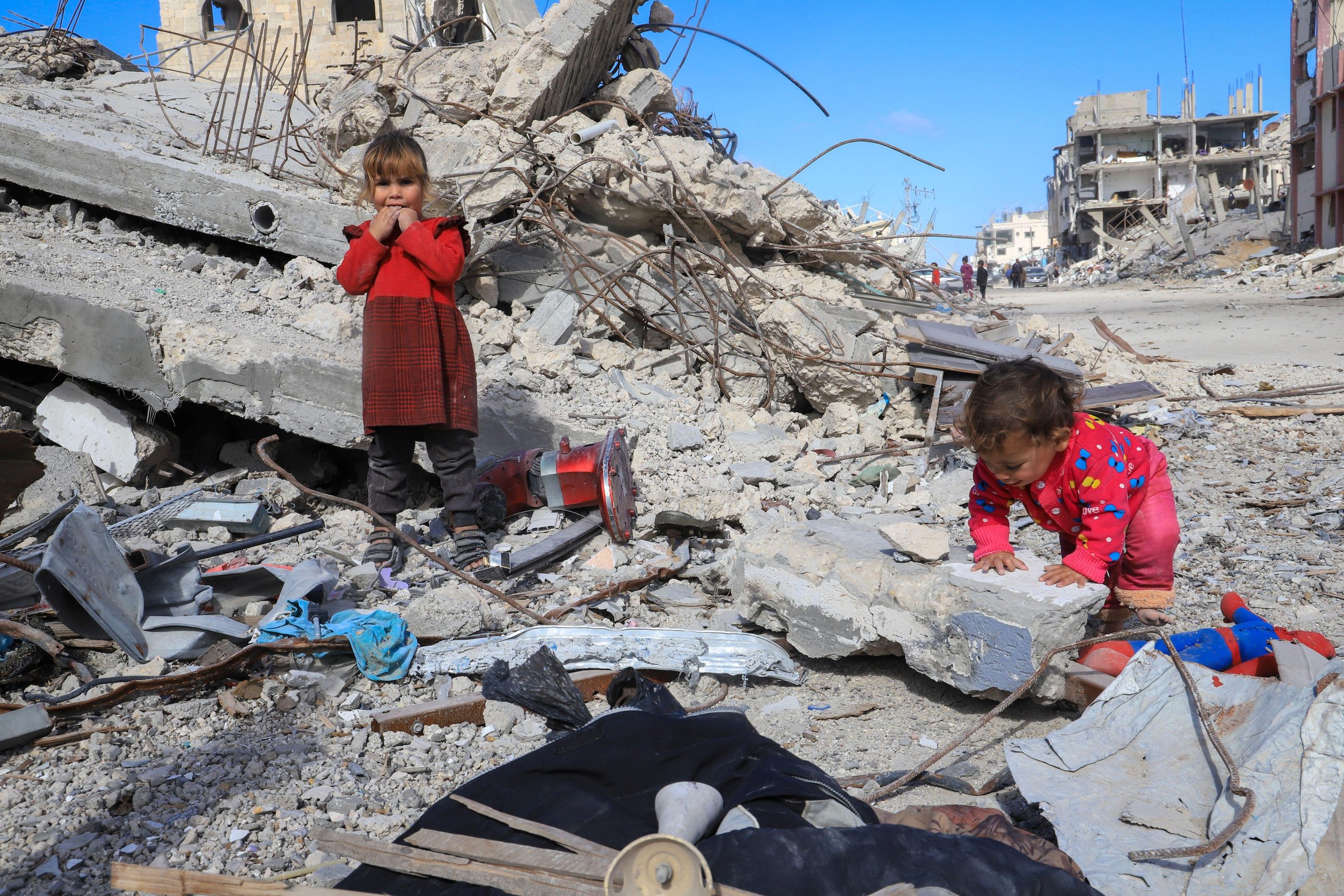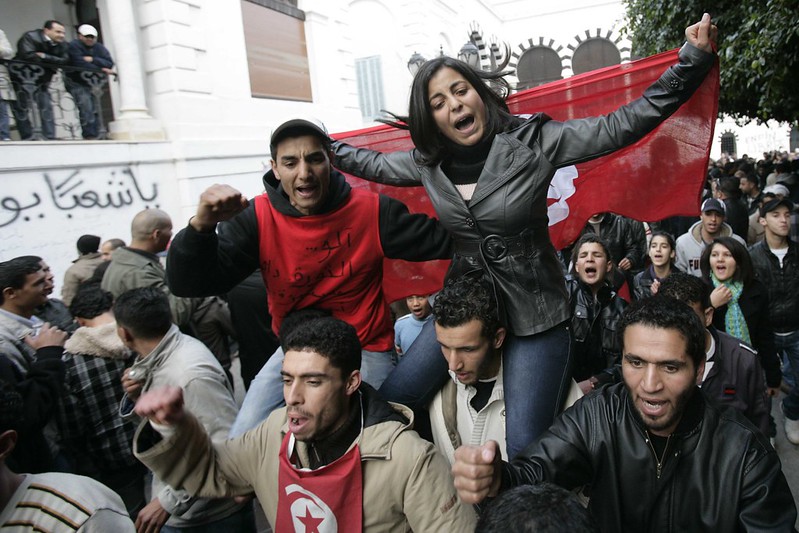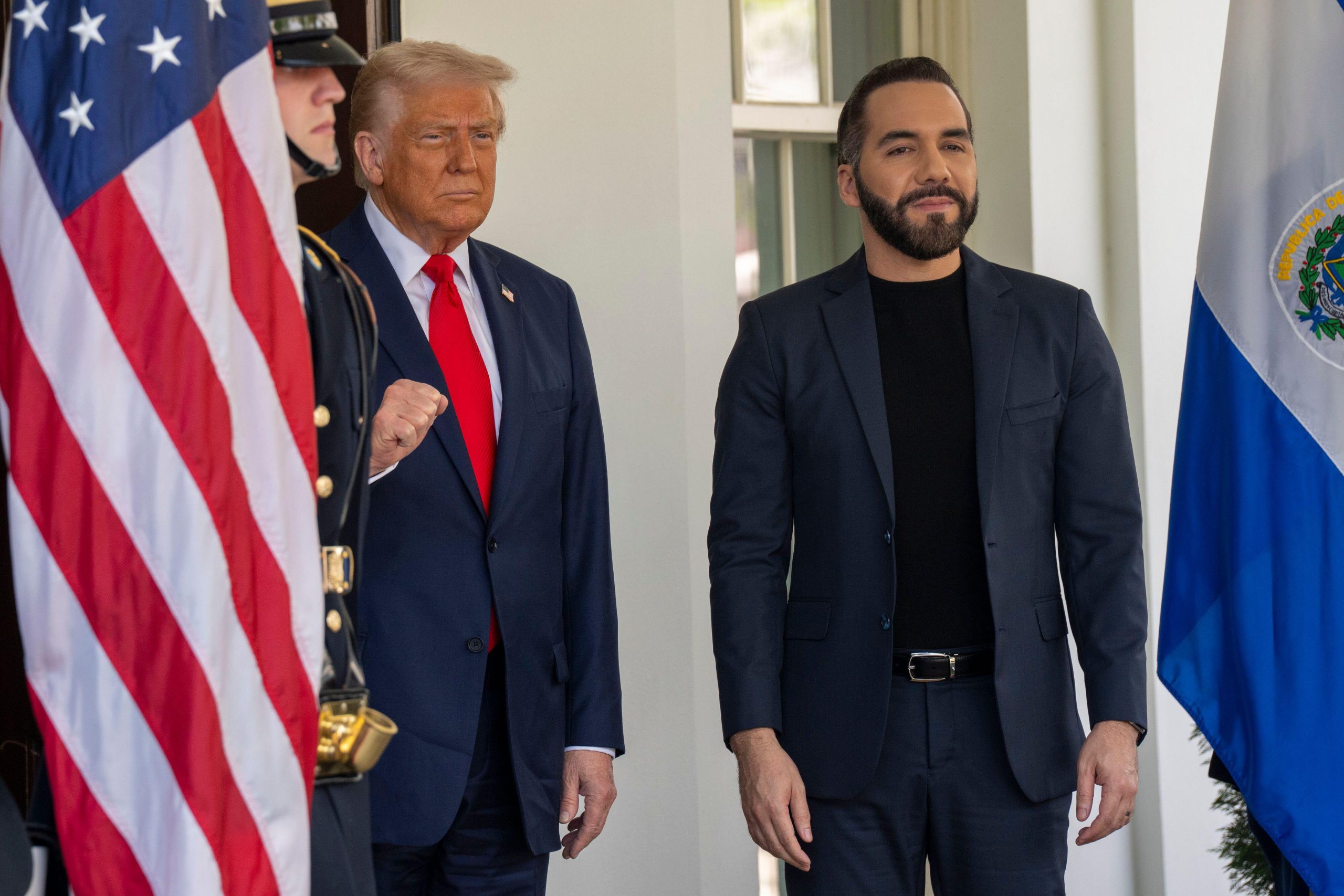This week the departure lounge at Bahrain’s airport seems to be full of people who were turned back at the passport desk without being allowed into the country. The authorities are incredibly sensitive about who’s going to see what and report what during the days around the 14 February anniversary of last year’s mass protests.
Bob Naiman, an American who was refused entry a couple of days ago, said that groups of British and Spanish business people were among the human rights observers and journalists being shut out. I didn’t get that far myself this time. I’d planned to go to Bahrain at the end of January, but a week before I was going to leave I received the dreaded letter telling me not to bother, that I should wait until March before I tried to get into Bahrain, when a committee set up to implement reforms would have done its work.
The week before Rick Sollom from Physicians for Human Rights was turned away when he landed in Bahrain. Authorities told him that “all government officials are under tremendous work pressure” and that he should come back after the end of February when a trip would be “more beneficial.” Then last week some journalists were allowed visas to enter and others weren’t, notably Nick Kristof of the New York Times, whose brilliant coverage of Bahrain has made him persona non grata with the regime.
These are stiff reminders that the Bahraini government should be judged on its actions, not its words. Denying (rather, “delaying”) access to human rights organisations is a hallmark of repressive regimes. Bahrain already ticked many of those boxes in 2011. Mass arrests? Check. Torture? Check? Deaths in custody? Check. Shootings of civilians? Unfair trials? Attacks on places of worship? Targeting of peaceful dissidents? Check, check, check, check.
Of course Bahrainis are more than capable of reporting what happens and distributing it everywhere, which makes the attempts to restrict access all the more farcical. Bahraini activists and journalists are among the most tech-savvy in the world, and events are being relayed at the speed of Twitter both day and night. So why Bahrain thinks it’s a good PR move to keep prominent international human rights organisations and journalists out is anyone’s guess. No-one really benefits from this — we don’t get in, and the Bahraini government looks bad. The only winner is the coffee shop in the departure lounge.
Brian Dooley is the director of the Human Rights Defenders programme at Human Rights First. He tweets at @dooley_dooley





